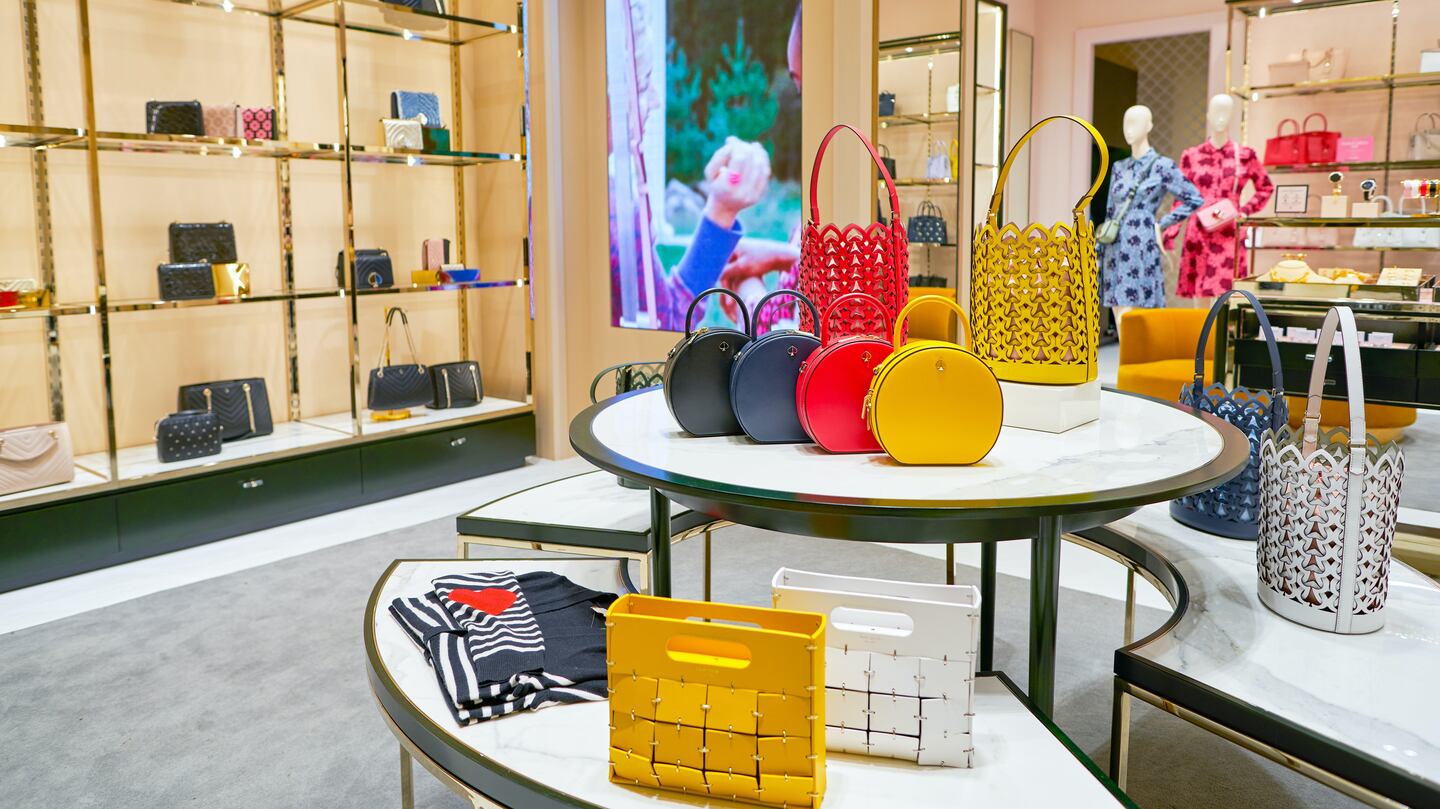
The Business of Fashion
Agenda-setting intelligence, analysis and advice for the global fashion community.

Agenda-setting intelligence, analysis and advice for the global fashion community.

NEW YORK, United States — Tapestry Inc. forecast a surprise fall in first-quarter revenue and profit on Thursday, as the high-end fashion house struggles to turn around its Kate Spade business, sending its shares down 10 percent to their lowest in a decade.
The company, better known for its Coach handbags, also cut its full-year profit growth expectations.
Tapestry bought the Kate Spade brand in 2017 to attract millennials who shunned its Coach handbags as expensive and more in tune with older customers, but has struggled to sell out-of-fashion products from last year.
The company last year hired Nicola Glass, a Gucci and Michael Kors alumnus, to revamp Kate Spade handbag designs, but the results show that her new collection fell short of expectations.
ADVERTISEMENT
Global same-store sales at Kate Spade fell 6 percent in the fourth quarter, while analysts had expected a 1.4 percent rise, according to IBES data from Refinitiv.
Same-stores sales at Kate Spade have declined for at least eight quarters and the company said on Thursday that it would cut back on new store openings for the brand.
"The brand's financial results did not meet our expectations and more time is required to drive a positive inflection in the business, particularly in light of the traffic-challenged and competitive retail environment in North America," Chief Executive Victor Luis said in a statement.
A number of major US retail executives have warned of the effects a prolonged US trade war with China on consumer spending, especially from Chinese tourists.
Tiffany & Co, Ralph Lauren Corp and Calvin Klein owner PVH Corp have all called out weak tourist spending in the United States for hurting sales in recent months.
Sales at Coach, Tapestry's biggest business, remained flat at $1.10 billion in the reported quarter, marginally missing analysts' estimate of $1.11 billion.
Excluding items, the company earned 61 cents per share in the fourth quarter ended June 29, in line with expectations
Net sales rose to $1.51 billion from $1.48 billion, but fell short of estimate of $1.53 billion.
ADVERTISEMENT
Tapestry said it expects first-quarter revenue and profit for fiscal 2020 to be lower than last year. Analysts were expecting a 10.7 percent rise in earnings per share and a 4.2 percent increase in revenue.
The company also forecast fiscal 2020 earnings per share to remain about flat with last year, down from a prior estimate of double-digit growth, blaming more "modest topline growth" expectations at Kate Spade in North America.
By Uday Sampath; editor: Sriraj Kalluvila.
From analysis of the global fashion and beauty industries to career and personal advice, BoF’s founder and CEO, Imran Amed, will be answering your questions on Sunday, February 18, 2024 during London Fashion Week.
The State of Fashion 2024 breaks down the 10 themes that will define the industry in the year ahead.
Imran Amed reviews the most important fashion stories of the year and shares his predictions on what this means for the industry in 2024.
After three days of inspiring talks, guests closed out BoF’s gathering for big thinkers with a black tie gala followed by an intimate performance from Rita Ora — guest starring Billy Porter.